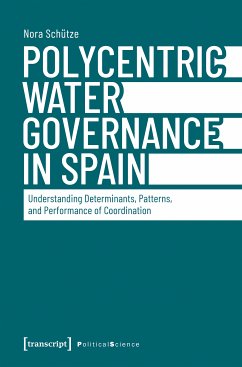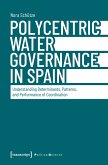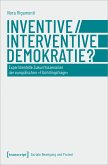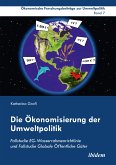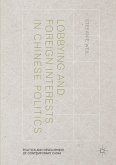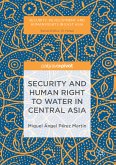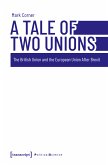Increasing irrigation efficiency has been high on the political agenda in Spain for many years. However, the overarching aim to reduce agricultural water consumption has not been met so far. To explore this phenomenon, Nora Schütze investigates processes of coordination between the water and agricultural sector in three Spanish river basins in the context of the EU Water Framework Directive implementation. From the perspective of polycentric governance, she identifies multiple mechanisms which illustrate how and why actors interact in certain ways, and thus shows why environmental aims of the Water Framework Directive remain unachieved.

